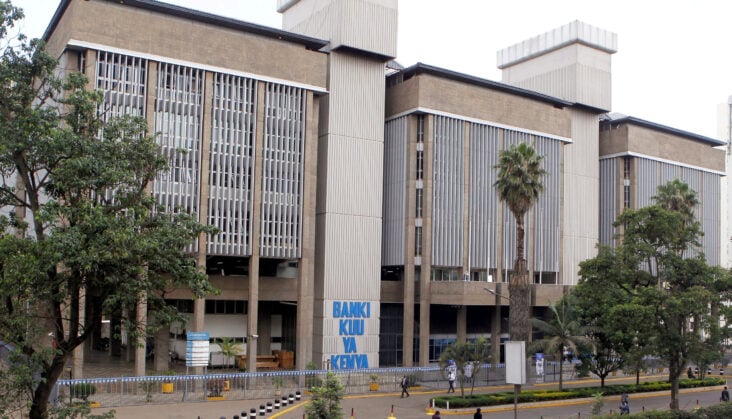Kenya’s Treasury Bill (T-Bill) auction results showed a persistent trend of oversubscriptions for the second consecutive week, signaling heightened investor demand.
The overall subscription rate reached 255.6%, surpassing the previous week’s 102.8%. Subscription rates for the 182-day and 364-day T-Bills significantly increased to 185.9% and 55.1%, respectively.
The government accepted KES 61.2 billion worth of bids out of Kshs 61.4 billion received, indicating an acceptance rate of 99.7%. Yields on the T-Bills continued to rise, with the 364-day, 182-day, and 91-day papers experiencing increases of 17.6 bps, 13.4 bps, and 10.0 bps, reaching 15.6%, 15.4%, and 15.3%, respectively.
In the same week, the Central Bank of Kenya (CBK) released auction results for the newly issued infrastructure bond IFB1/2023/6.5 with a tenor to maturity of 6.5 years. The bond was oversubscribed, with an overall subscription rate of 177.8%, as bids amounted to Kshs 88.9 billion against the offered Kshs 50.0 billion. The market average yield of accepted bids for the infrastructure bond stood at 17.9%.
The Government’s domestic borrowing target currently stands at Ksh316 billion ($2.2 billion), with the most dominant sector holding these securities being the banking sector at 45.2%. The banking sector also dominates the charts on providing credit in the country. With these attractive yields, they will probably increase their allocation to government securities compared to other investments.
As excitement builds around government securities, concerns intensify regarding the crowding-out effect. The crowding-out effect occurs when increased government borrowing limits the funds available for private investment.
As the government competes for available funds in the market, the private sector may face higher interest rates and reduced access to credit. This dynamic could stifle private sector expansion, potentially hindering economic growth.
While the oversubscription of T-Bills and the infrastructure bond indicates investor confidence in government instruments, the challenge lies in balancing the government’s financing needs with the imperative of sustaining private sector growth. In any case, any debt repayments will depend more on robust economic growth, which cannot exist simultaneously with the crowding-out effect.
Policymakers face the challenge of navigating this delicate balance to foster sustainable economic growth that accommodates both public and private sector needs.














